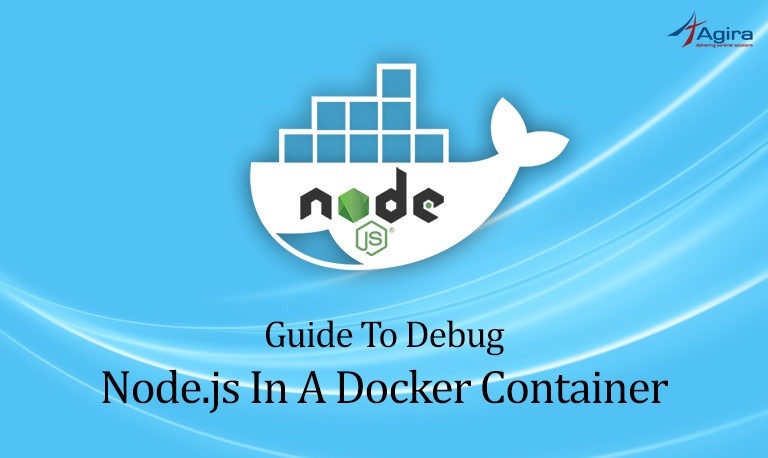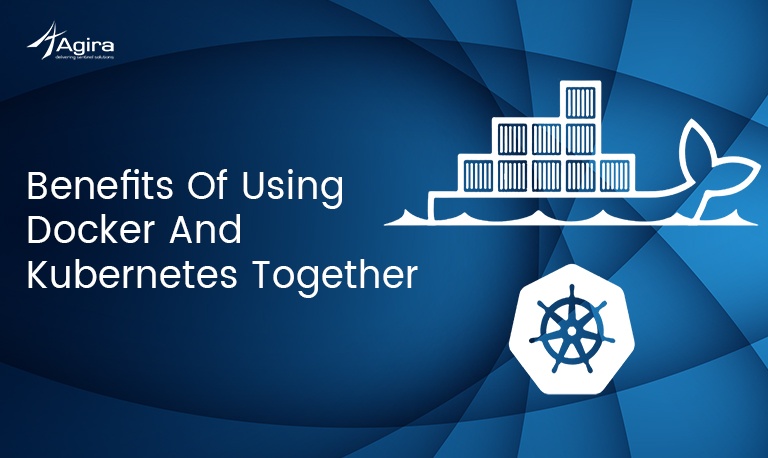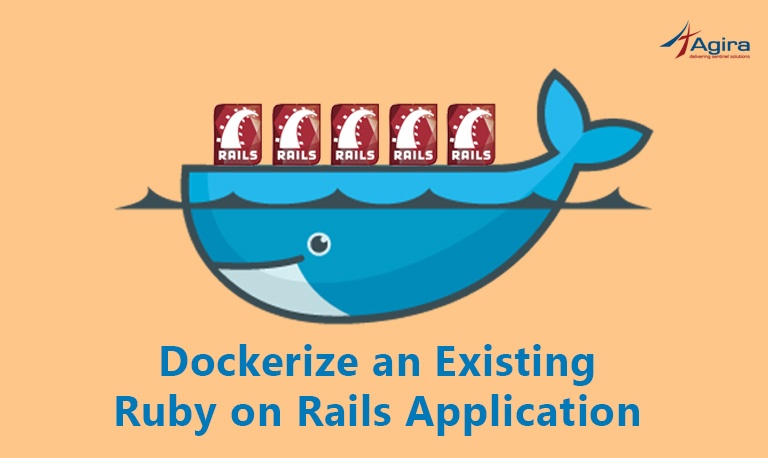Kubernetes and Docker are the hot debate that has taken container orchestration tools by storm. They have been discussed widely in cloud computing networks as well. If you haven’t tried any one of them, then this is all about letting you know why you should use Docker and Kubernetes.
But, this post might sound bizarre! As one isn’t an alternative to the other. If you take a closer look they work better when they are combined together. Kubernetes can run well without Docker. Also, Docker can function well without Kubernetes. But Kubernetes offers highly beneficial functionalities with Docker. For the same reason, this comparison is a spell that would make your lives easier.
If you want containers to manage your applications there are a lot of technologies available. If you look into the same, most of us are stuck somewhere between what and when to opt for a particular technology. So before you use any of these you should understand what are they exactly, differences, similarities and how do they work and so on.
Docker uses the approach of containerization, which means it can run applications that are isolated on an operating system. It can be installed in a system to run containerized applications. Docker allows you to create, manage and run containers on a single operating system.
When Kubernetes in combined with Docker, it offers extensive capabilities to build and manage containers. Kubernetes is a container orchestration system that can help you with assistance in automating containers, scaling, Security, networking, load balancing, and provisioning. If you need a quick introduction or just a need to clarify something for a better business decision. This will show you the way towards the desired results.
Let’s take a look at the differences between Kubernetes and Docker are summarized in the below infographic.
Kubernetes vs. Docker – A Comparison

When to use Kubernetes?
Kubernetes is a great tool to supervise the production of applications. Apart from checking on your containers that are running, Kubernetes detects the existing content that is isolated in an unresponsive state. It looks for ways to start a new container and replaces it. By starting the new containers Kubernetes can help you scale your app and to handle heavy loads.
By configuring to keep the existing version of the application running, you can deploy a new version that gets started and accepts connections before it shuts the old version of the app that can minimize the downtime and deployment. Kubernetes is used to manage cloud infrastructure and support systems. It works extremely well on every system you choose.
Got some servers running that to located inside your development or it is running on a cloud provider, Kubernetes can manage both easily. It can also be used for managing container clusters. If you are looking for self-healing environments, auto-scaling and vendor-agnostic deployments Kubernetes is an awesome tool to go with.
When to use Docker?
Docker is quite a powerful tool with all the configuration and packages that can run you’re a software application into a container image. Docker containers are suitable to build more complicated applications.
It allows you to configure and run applications parallelly. Docker allows you to separate the essentials for each type of server into the container. If your database servers demand a different library version than of your message queue, With Docker you can easily experiment new software libraries without having to worry about two libraries conflicting.
Each container is built from unchanging container images between computers. This simplifies the whole process of software development. Even though you have an application that is totally messed up for the container, Docker’s consistent deployment pattern will fix it in a moment. If the application is all good, It serves abundantly right away.
Docker is quite strong with a wide range of functionalities and popularity has grown big over the last few years and continues to expand. If you are setting up an application that can run on its own, it doesn’t need a graphical interface or needs to be constantly deployed. Docker is a perfect fit.
You can use Docker to manage all parts of the application together. Including the database server, message queue, load balancer, and the application server. Docker can get pretty complicated sometimes if you put all of it together, but this is where you will need Kubernetes to make it better.
Kubernetes vs Docker – Better Together!
By now, you must have understood the fundamental differences between Docker and Kubernetes. Docker runs on a single node, on the other hand, Kubernetes runs across the cluster. In conclusion, Kubernetes and Docker work together to orchestrate the software application.
Kubernetes offers you the potential to manage all your containers from a single control plane. Cloud computing technologies are the future. It is time to use them if you haven’t already. If you have a Why? Using Kubernetes with Docker can make your application development robust and remains online even if some of the nodes go offline. It makes sure that your app is scalable and loads the information faster to provide the app user a better user experience. It becomes simple to add more containers or nodes to your Kubernetes cluster.
Dockers offer an open standard for distributing and packaging containerized applications. It can help you build, run, store container and share container images. You can easily run a Docker build on a Kubernetes cluster. As we are using it, Kubernetes and Docker put together for working is one of the best practices we follow in our application development. You can deploy the application much faster.
Feel free to initiate discussions or doubts in the comment section below. We appreciate some good suggestions too.
Like to read more like this? Consider reading our featured blogs on various technologies available here. Subscribe if you want some interesting updates, Comparisons, and trends every week! Get started by filling the form on your right.
Looking to hire developers for your software development? We build apps that go well with future trends! If you need a robust, highly scalable app to upgrade your business potential, Why not talk with our technical experts who are ready to offer you guidance. Reach us for your customized quote.







